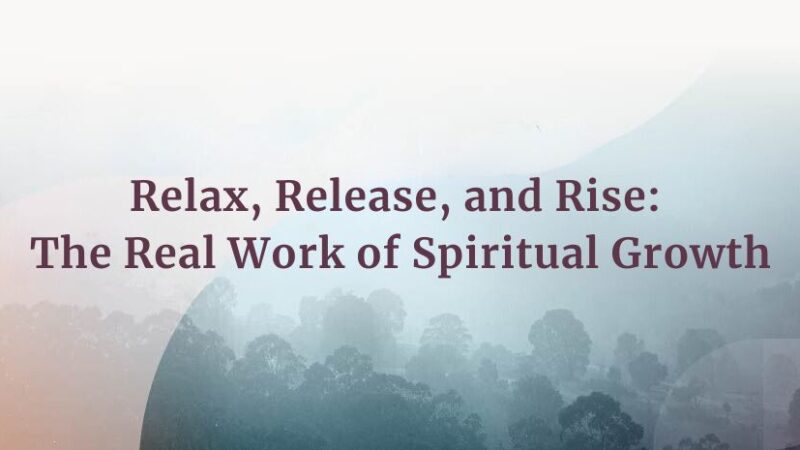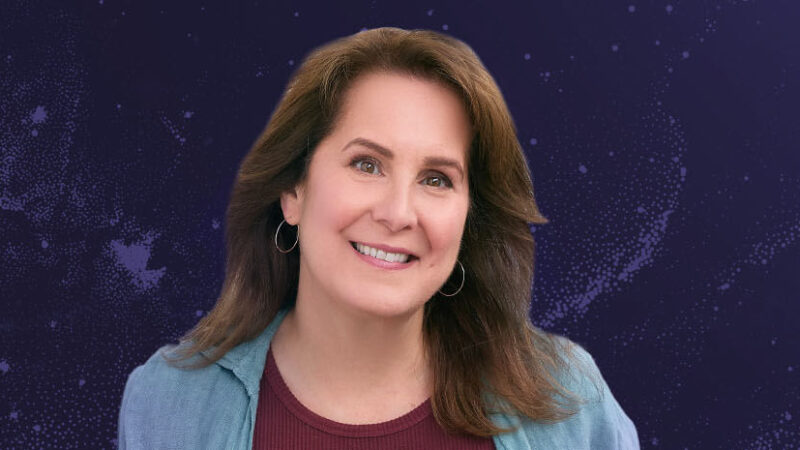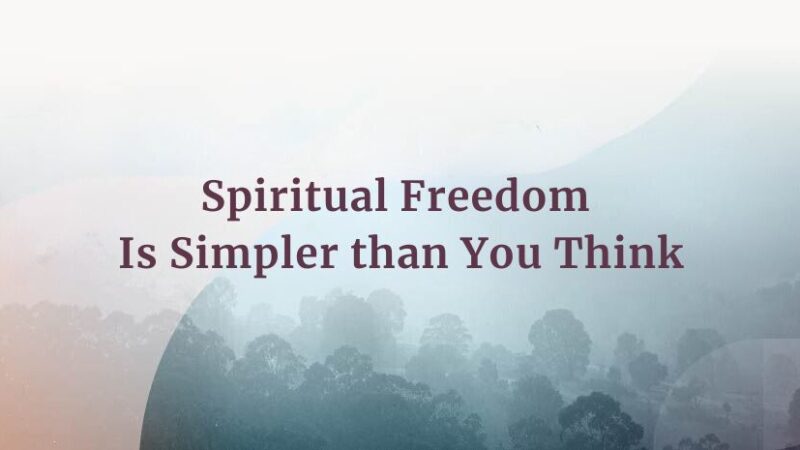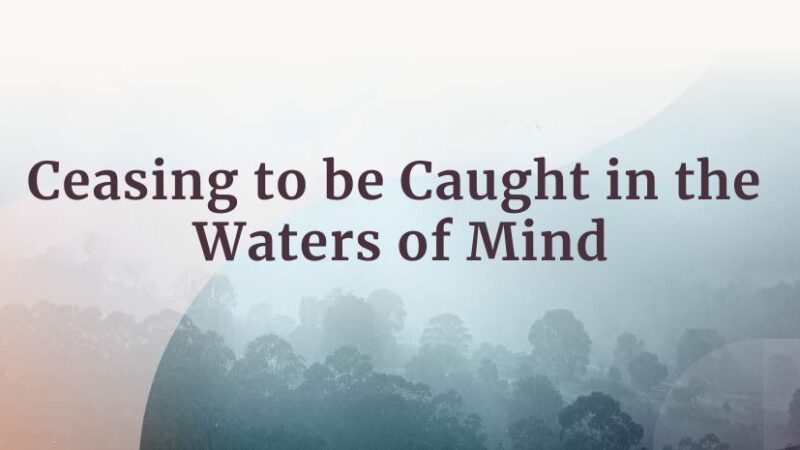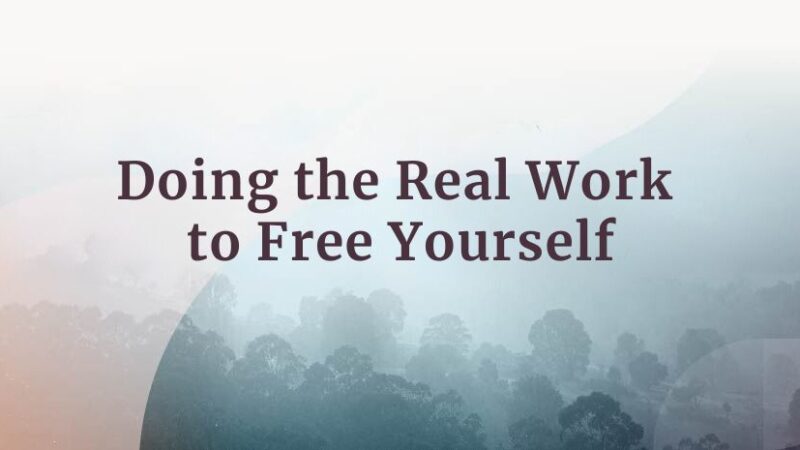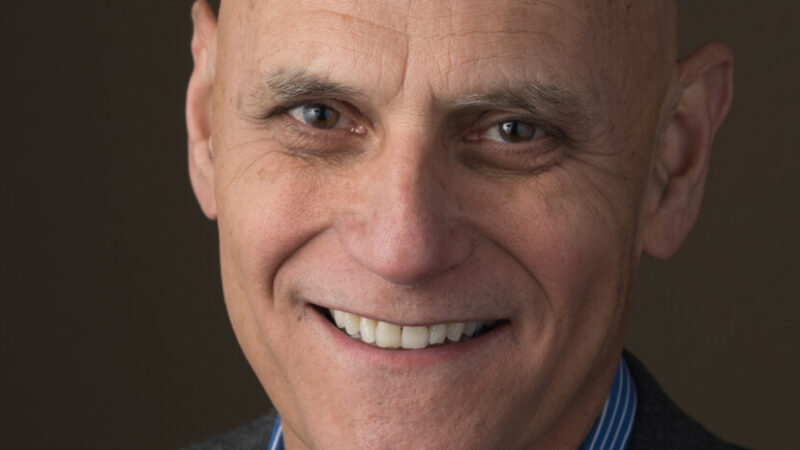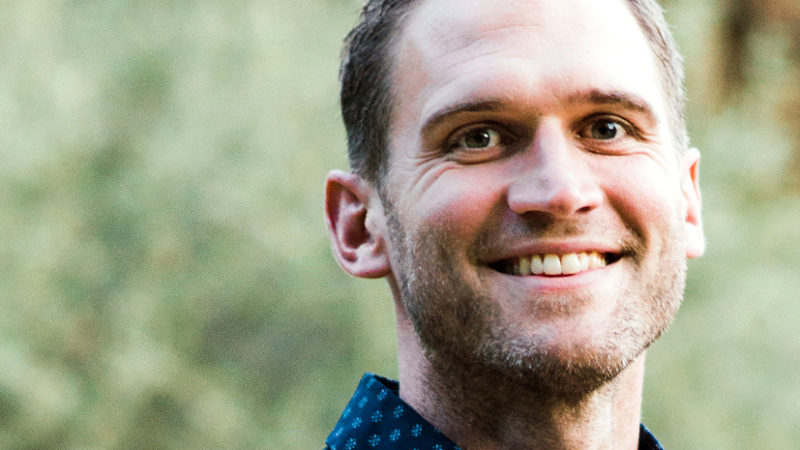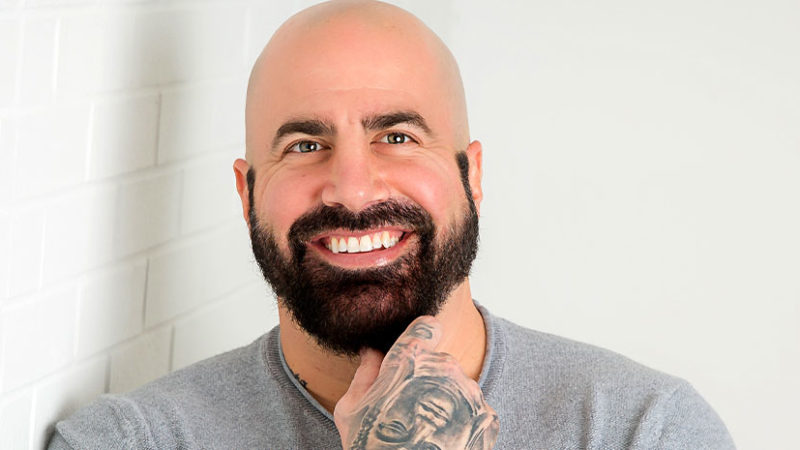-
E95: Relax, Release, and Rise: The Real Work of Spiritual Growth
Michael Singer — July 16, 2025
Deep spiritual growth is not about collecting more techniques but about releasing the inner...
-
Sarah Taylor: Neurodivergent People Are Wired for Awakening
Are certain individuals more inclined to awaken spiritually? Do some of us have a natural proclivity ...
-
Honey Tasting Meditation: Build Your Relationship with Sweetness
There is a saying that goes “hurt people hurt people.” I believe this to be true. We have been...
Written by:
Amy Burtaine, Michelle Cassandra Johnson
-
Many Voices, One Journey
The Sounds True Blog
Insights, reflections, and practices from Sounds True teachers, authors, staff, and more. Have a look—to find some inspiration and wisdom for uplifting your day.
Standing Together, and Stepping Up
Written By:
Tami Simon -
The Michael Singer Podcast
Your Highest Intention: Self-Realization
Michael Singer discusses intention—"perhaps the deepest thing we can talk about"—and the path to self-realization.
This Week:
Sarah Taylor: Neurodivergent People Are Wired for Awakening -
Many Voices, One Journey
The Sounds True Blog
Insights, reflections, and practices from Sounds True teachers, authors, staff, and more. Have a look—to find some inspiration and wisdom for uplifting your day.
Take Your Inner Child on Playdates
Written By:
Megan Sherer
600 Podcasts and Counting...
Subscribe to Insights at the Edge to hear all of Tami's interviews (transcripts available, too!), featuring Eckhart Tolle, Caroline Myss, Tara Brach, Jack Kornfield, Adyashanti, and many more.
Most Recent
E95: Relax, Release, and Rise: The Real Work of Spirit...
Deep spiritual growth is not about collecting more techniques but about releasing the inner disturbances we have stored from our past. These suppressed energies—called samskaras—remain inside, continuing to influence and limit our lives. Instead of struggling to cope with life’s experiences, we can learn to welcome them as opportunities to release these past blockages. Over time, this leads to purification of the heart and the ability to remain undisturbed, even in the face of intense experiences. Our natural state is one of unconditional joy, love, and divine energy—reclaim it!
© Sounds True Inc. Episodes: © 2025 Michael A. Singer. All Rights Reserved.
Sarah Taylor: Neurodivergent People Are Wired for Awak...
Are certain individuals more inclined to awaken spiritually? Do some of us have a natural proclivity to experience spiritual states of oneness? Welcome to the first episode in our new podcast series, Being Open: Spirituality and the Neurodivergent Mind. In this illuminating conversation, Tami Simon speaks with intuitive energy healer and awakening trail guide Sarah Taylor about the empowering revelations and approaches she has discovered throughout the course of her life—including the late-in-life realization that she has both autism and ADHD.
Give a listen to this compelling and informative dialogue on: waking up to our interconnection; the shift from “head awakening” to “heart awakening”; Dzogchen and “the one taste”; the receptivity and porousness of neurodivergent people; the healing power of integration and embodiment; the critical importance of downtime and self-care; experiencing equanimity; unraveling the adaption strategies that no longer serve you; living with a high level of “raw sensitivity”; owning your truths—instead of masking your wants, needs, and authenticity; the misunderstood habit of “stimming” (or self-stimulation); the concept of samskaras (or energetic blockages in your subtle anatomy); reckoning with grief; the futility and harm of self-labeling; reframing limitations as gifts; managing your energy and seeking support when you need it; the connection between our increased understanding of the neurodivergent brain and the collective evolution of humanity; and more.
Note: This episode originally aired on Sounds True One, where these special episodes of Insights at the Edge are available to watch live on video and with exclusive access to Q&As with our guests. Learn more at join.soundstrue.com.
E94: Spiritual Freedom Is Simpler than You Think
Life is fundamentally simple—we’re sitting on a tiny planet spinning through infinite space for a few years, and that’s it. We make it complicated by deciding how everything must be for us to be okay. This creates suffering, anxiety, and endless worries. Spirituality is about opening up, honoring, and appreciating life as it is. As we let go of ourselves, life becomes joyful, creative, and rich, not because it changed, but because we did.
© Sounds True Inc. Episodes: © 2025 Michael A. Singer. All Rights Reserved.
Customer Favorites
S1 E1: Ceasing to Be Caught in the Waters of Mind
The natural state of the mind is like calm, still water, teaches Michael Singer. The practice of spiritual surrender—to “relax and release” our resistance to whatever arises in our experience—is the pathway to enjoying serenity of mind no matter what the universe throws your way. In this podcast, Michael Singer uses the analogy of an aquatic bird maintaining its balance on rough water to illustrate what to do and what not to do if we want to stay poised and upright when life gets turbulent.
For more information, go to michaelsingerpodcast.com.
© Sounds True Inc. Episodes: © 2024 Michael A. Singer. All Rights Reserved.
S1 E2: Doing the Real Work to Free Yourself
According to Michael Singer, the only one stopping you from experiencing the heights of divine ecstasy and freedom is you. In this podcast, he describes the real work of the spiritual path as the process of removing our inner blockages and self-made obstacles in order to uncover the natural states of bliss and spiritual liberation that are our birthright. He also discusses discovering “witness consciousness,” the cause of karma, the art of relaxing and releasing resistance to our experience, and more.
For more information, go to michaelsingerpodcast.com.
© Sounds True Inc. Episodes: © 2024 Michael A. Singer. All Rights Reserved.
Steven Hayes PhD: Self-Acceptance and Perspective-Taki...
Steven Hayes is a professor, the chair of the Department of Psychology at the University of Nevada, and the author of more than 35 books and 500 scientific articles. The cofounder of the acclaimed Acceptance and Commitment Therapy (known as ACT), Steven is a contributor to the Sounds True book The Self Acceptance Project: How to Be Kind and Compassionate Toward Yourself in Any Situation and the author of the Sounds True audio program Acceptance and Commitment Theory. In this episode of Insights of the Edge—which previously aired as part of an interview series on self-acceptance—Tami Simon and Steven discuss his experiences living with a panic disorder at a young age, and how his own bouts with anxiety shaped his clinical studies. They talk about the practice of perspective-taking and how it can be a powerful bulwark against self-recrimination. Finally, Steven offers his perspective on spirituality and how that perspective informs the core tenets of Acceptance and Commitment Therapy.
Timeless Classics
Lance Allred: The New Alpha Male
Lance Allred is a former NBA player (who was the first legally deaf player in the league), public speaker, and author. With Sounds True, he has published The New Alpha Male: How to Win the Game When the Rules Are Changing. In this episode of Insights at the Edge, Tami Simon speaks with Lance about the experiences he had in professional sports that led him to reevaluate what it means to be a man in contemporary society. Lance explains how his upbringing in a rural, polygamous commune informed his original ideas about masculinity, highlighting the subconscious assumptions about money and power that affect American men’s self-worth. Tami and Lance also discuss the roles of emotional vulnerability and surrender in the lives of modern men. Finally, they talk about the principle of perseverance and the increasingly urgent need for all cultures to reexamine their assumptions and core values.(63 minutes)
Micah Mortali: Rewilding
Micah Mortali is the director of the Kripalu School, a certified yoga teacher, and a longtime wilderness guide. With Sounds True, he has published Rewilding: Meditations, Practices, and Skills for Awakening in Nature. In this episode of Insights at the Edge, Tami Simon speaks with Micah about humanity’s growing disconnection from the earth and how “rewilding” can help slow that trend. They talk about rewilding both as individuals and as part of whole ecosystems. Micah also shares the story of an intense, revelatory trail encounter with a bear and comments on the “species loneliness” of urban environments. Mulling the sense of grief they have for humankind’s effects on the environment, Tami and Micah consider how modern people can grapple with being in exile from the natural world. Finally, they discuss the barriers many have to reentering nature, as well as ways to initiate your own rewilding experience no matter where you are.(64 minutes)
Christian Conte: Healing Conflict: Listen, Validate, a...
Christian Conte, PhD, is a mental health specialist and leading authority on anger management. With Sounds True, Christian has published Walking Through Anger: A New Design for Confronting Conflict in an Emotionally Charged World. In this episode of Insights at the Edge, Tami Simon talks with Christian about his Yield Theory of emotional management, focusing on the process of “listen, validate, explore options.” Christian explains the events that led to his interest in anger management, as well as the origins of Yield Theory. He emphasizes the importance of meeting others where they are, giving them the opportunity to drain anger’s charge from their limbic system. Christian and Tami discuss why it’s necessary to cultivate humility and how Yield Theory might be applied to our currently divisive culture. Finally, they speak on “the cartoon world” that angry responses often create, as well as the importance of watching what we add to our minds.(63 minutes)
